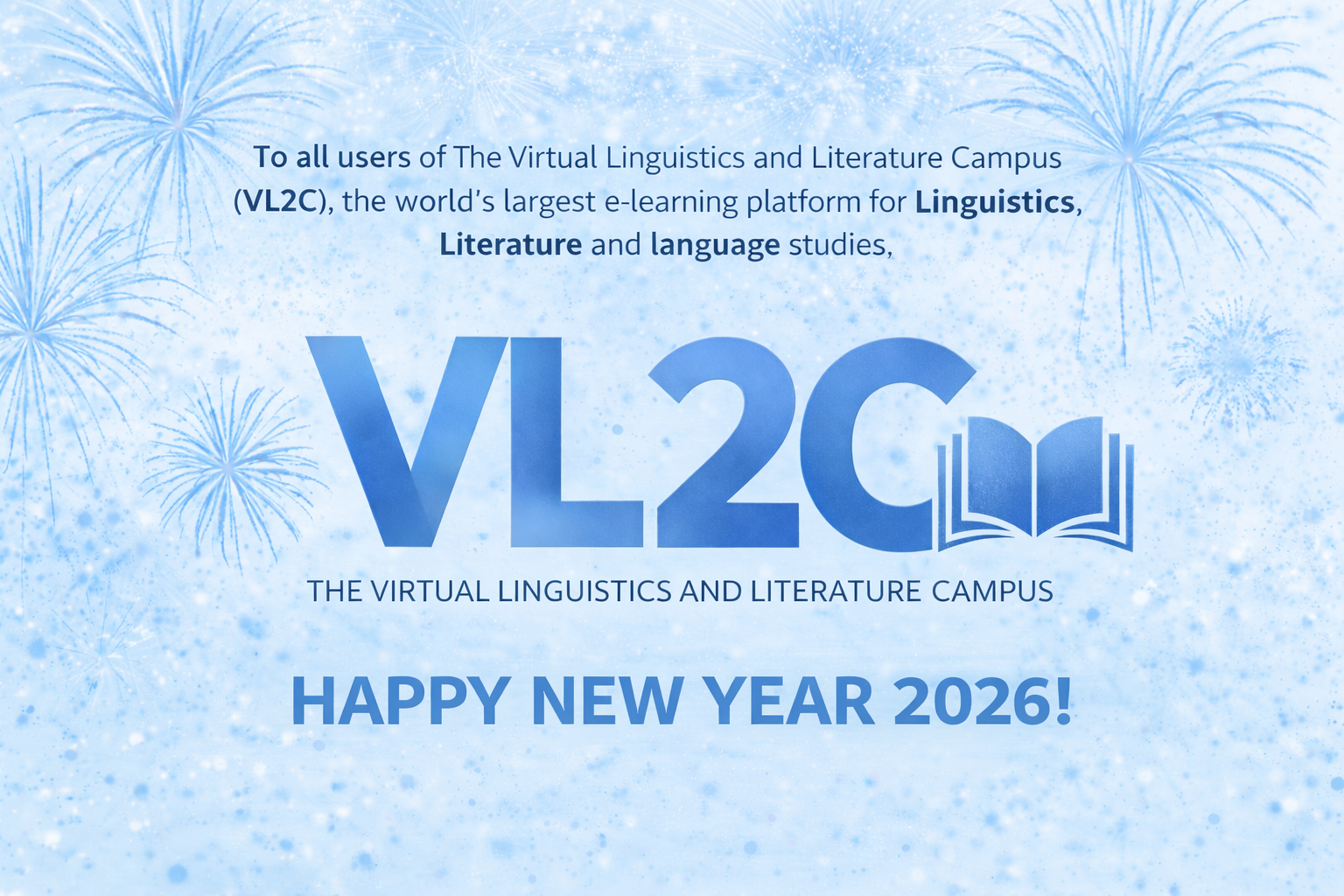Currently, the VLC is integrating chat GPT recommendations into its courses. Successively, all guiding questions of the "How to Proceed" sections of all courses will be coupled with a recommendation value (RV) on a scale from 0 = not recommended to 10 = highly recommended. Furthermore, an overall recommendation value for the whole topic, again ranging from 0 to 10 is shown. This means, the higher the RV, the more does the VLC Team recommend to forward the guiding question to chat GPT as a means of additional content support.
Since the VLC has more than 30 courses plus 25 Micro Credentials, the implementation of this new feature will take some time. In the meantime, we apologize for any inconveniencies.
Prof. Dr. J. Handke
VLC Project Manager



 Latest News: The VLC
Latest News: The VLC